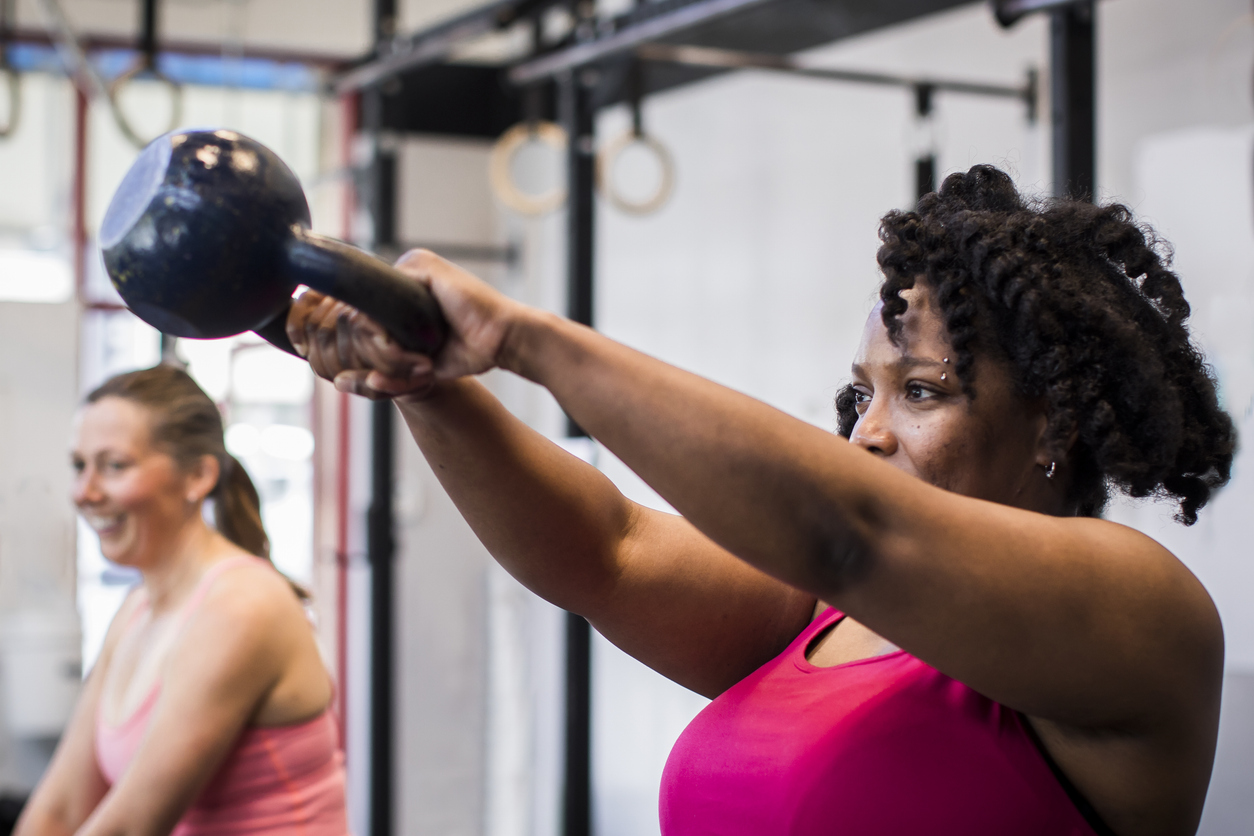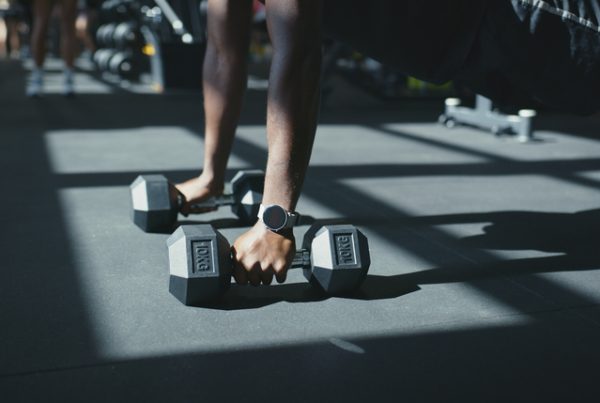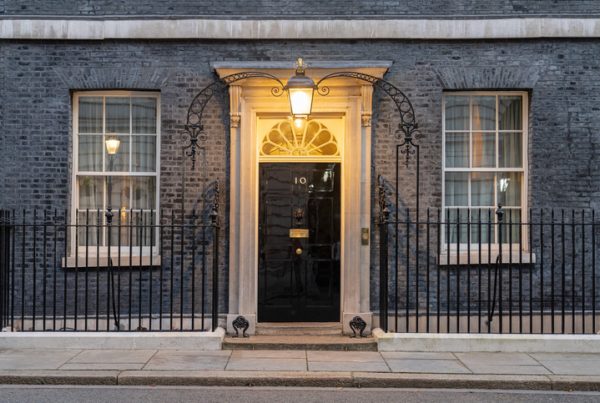Following the publication of the annual Moving Communities report from Sport England and 4Global, ukactive has issued the following statement
Today’s Moving Communities report from Sport England dramatically shows the essential role gyms, pools, and leisure centres play in our national health and wellbeing. The huge social value return they have created in the past 12 months, totalling £3.63bn, reflects both the personal wellbeing benefits that people experience, and the savings to public services, including healthcare.
Furthermore, there is no other part of the sport, recreation, and physical activity sector that supports communities on this size and scale, with the new figures showing dramatic increases in those participating in gym activities, particularly among women, people under 16, over 65, and people living in communities with the highest levels of deprivation. These facilities are for all, providing essential services that reduce inequalities in the communities they serve across the UK.
The message from this report for the Government could not be clearer: if you really want to address issues of economic growth and take pressure off the NHS, the physical activity sector needs to be one of your primary partners.
These facilities continue to operate with levels of operational and financial fragility, so any further regressive measures in the upcoming Budget would damage their growth and significantly impact the places and communities they serve, worsening health inequalities. Now is the time to fully back gyms, swimming pools, and leisure centres to help support the economic prosperity and health improvements this nation urgently requires.
Key findings from Moving Communities 2024/25:
- The total attributable social value of public leisure facilities is now an estimated £3.63bn
- Participation in gym activities increased by 13% compared to last year – the second-largest increase in the number of visits by activity type.
- Fitness and leisure facilities are helping more women – 53% of users were female, 47% male. The number of women engaging in gym activities has increased by 12%.
- Participation among residents living in the most deprived areas of England has increased, accounting for 16% of visits, but there remains a gap to the least deprived areas, which account for 25% of visits.
- The increase in gym activities was driven by growing participation among under-16s, which rose by 21%. The number of visits by over-65s rose by 19%.
- There was a 7% increase in participation in gym activities among people living in communities with the highest levels of deprivation.
- Depression is the largest estimated health cost saving, at £51.4m.
- The estimated value provided in health-related cost savings by reducing back pain is £10.7m a year.
- However, rising operational costs threaten services, with 50% of facilities running at break-even and staff costs increasing.
To access the full report, click here.




